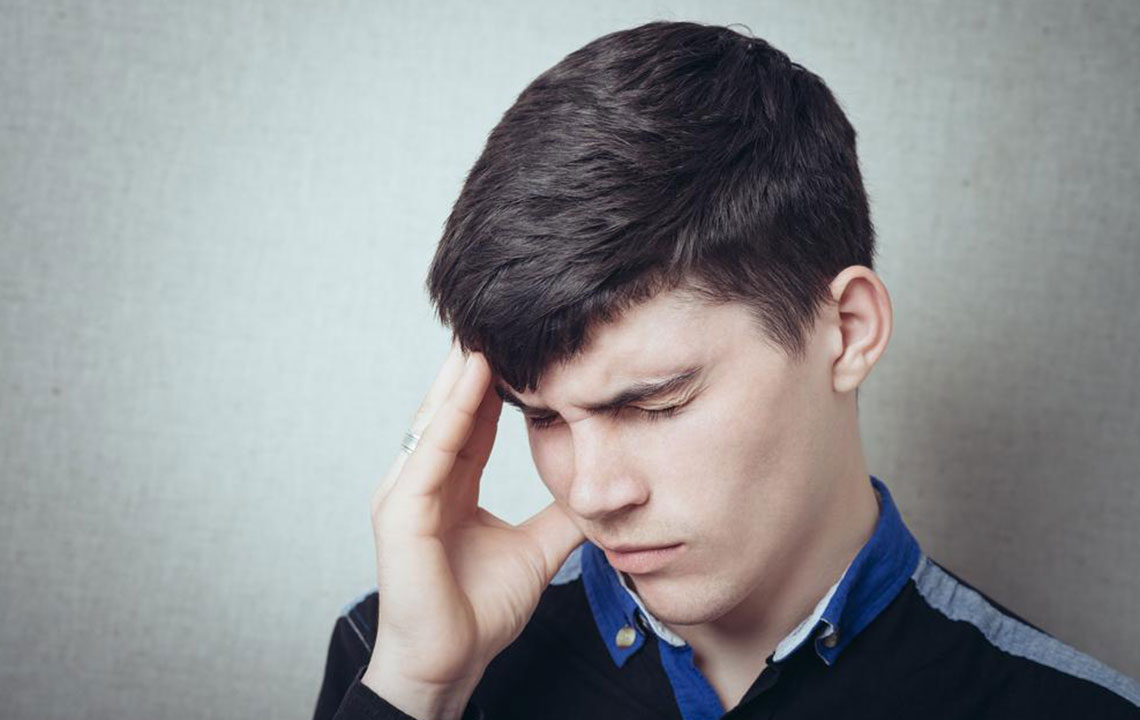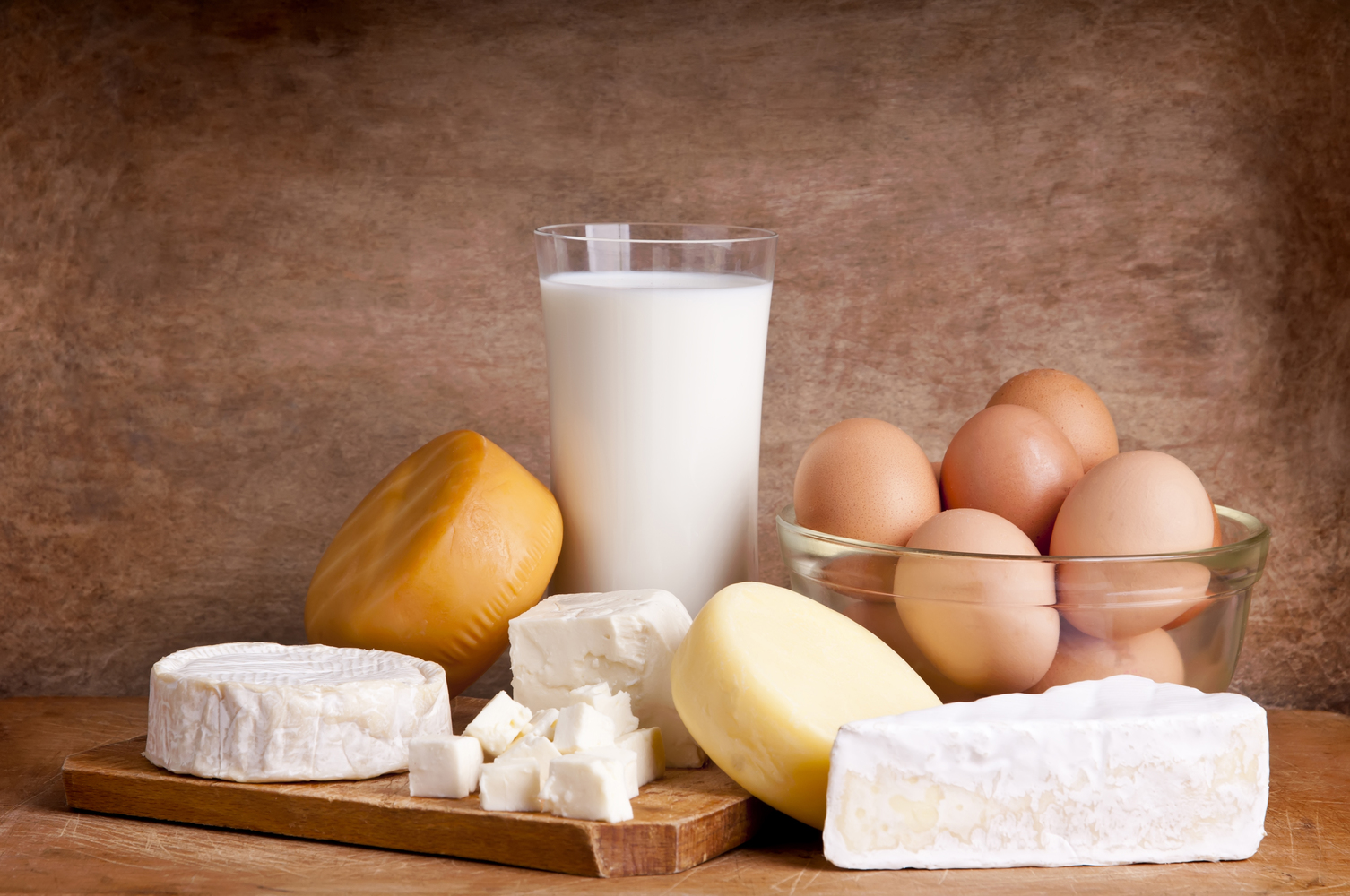Identifying Common Factors That Can Trigger Migraine Episodes
This article explores common triggers of migraines, including stress, sleep disturbances, dietary influences, dehydration, caffeine, medication overuse, alcohol, strong odors, and environmental stimuli. Understanding these factors can help sufferers identify and manage their triggers more effectively to reduce attack frequency and severity.
Sponsored

Key Factors That May Cause Migraine Attacks
Although the precise cause of migraines remains unclear, healthcare experts believe that various factors can provoke these episodes. Below are some of the most frequently identified triggers:
Stress
Fluctuations in mental or physical stress levels are known to induce migraines. Studies from Denmark indicate that stress is a primary cause in many cases. Research suggests that between 50% and 80% of migraine sufferers link their attacks to stressful situations. Some individuals develop migraines after stressful events, while others experience them during demanding periods.
Disrupted Sleep and Jet Lag
Sleep irregularities, including insufficient or excessive rest, are common migraine triggers. Sudden changes in sleep patterns due to jet lag or work shifts can also cause attacks. Chronic migraine patients often suffer from insomnia, which increases risks for depression and anxiety. Adequate sleep frequently provides relief from migraine pain.
Dietary Additives
Certain food ingredients are associated with migraine onset. Monosodium glutamate (MSG) and artificial sweeteners like aspartame may cause headaches in some individuals. Although scientific evidence remains mixed, many believe MSG can provoke facial or head pain. It's advisable for migraine sufferers to limit intake of these additives.
Hunger and Dehydration
Skipping meals often leads to migraines, possibly due to dropping blood sugar levels. Additionally, dehydration lessens fluid intake and can trigger headaches. Studies show that around 40% of migraine cases are linked to inadequate hydration. Maintaining regular meals and hydration is important for prevention.
Caffeine Consumption
High caffeine intake from coffee, tea, energy drinks, and sodas can trigger migraines for some. Withdrawal from caffeine may also lead to headaches. Experts recommend monitoring caffeine consumption to avoid overuse. Some pain relief medications combine caffeine with painkillers, which can be effective but should be used cautiously.
Overusing Medications
Excessive use of pain medications, especially analgesics, can lead to medication-overuse headaches. Overreliance on these drugs might transform occasional migraines into chronic episodes. Opioids can also contribute to persistent migraine development.
Alcohol
Alcohol is a common trigger, with studies indicating about one-third of migraine sufferers experience attacks after drinking. Red wine, in particular, is linked to worse symptoms, especially among women.
Strong or Unusual Odors
Many individuals are sensitive to intense or unfamiliar scents, which can trigger migraines. Perfumes, cigarette smoke, and certain food odors often worsen symptoms. This hypersensitivity, known as “osmophobia,” is associated with higher risks of depression and anxiety during migraine episodes.
Bright Lights and Loud Noises
Exposure to bright, flickering lights or loud sounds can set off migraines. Sunlight, for some, acts as a secondary trigger—especially if combined with other factors like poor sleep, dehydration, or recent alcohol consumption. Managing environmental stimuli is important for migraine prevention.






